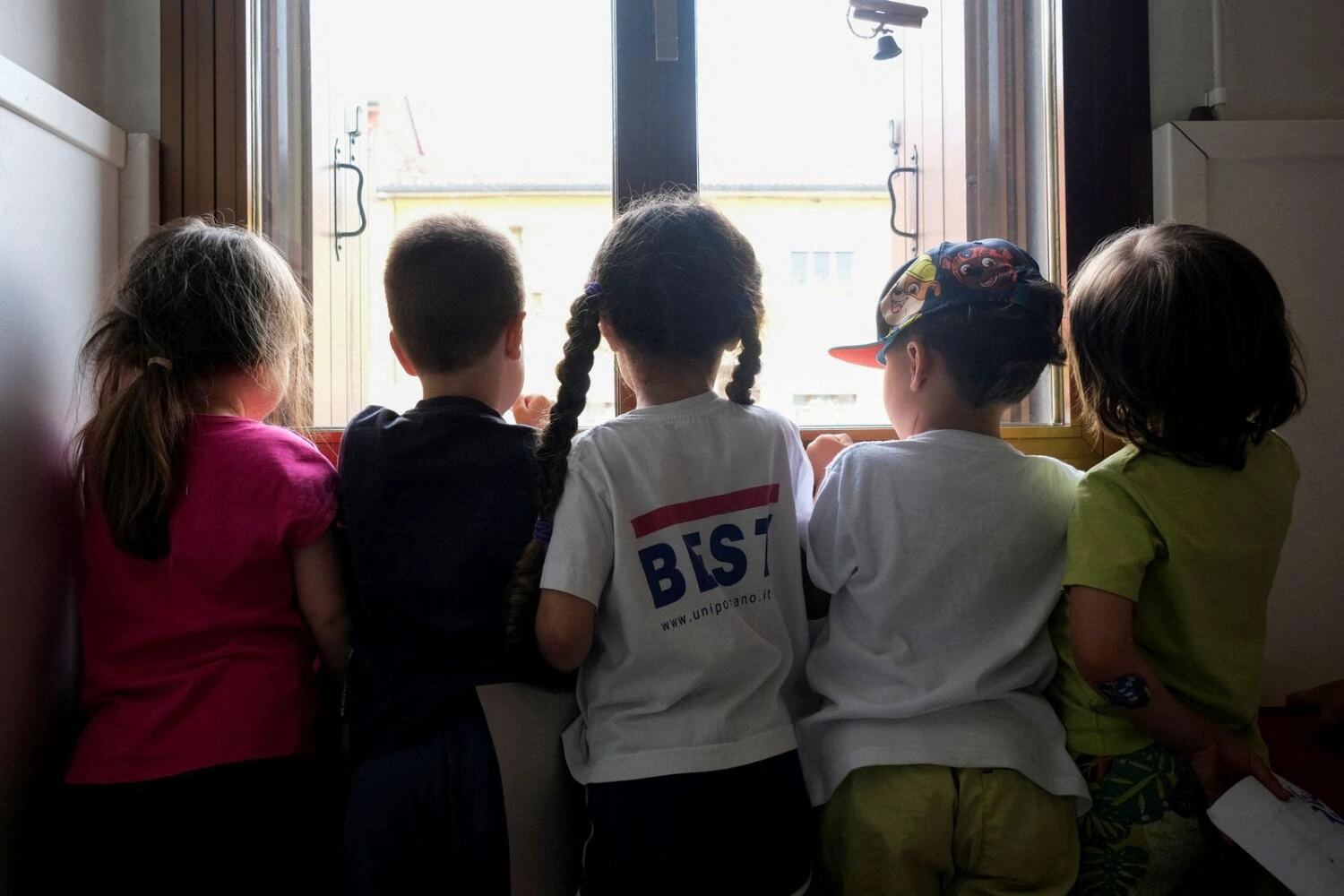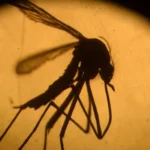Doctors in the UAE are raising concerns about an increase in oral herpes (HSV-1) cases among school-aged children, especially during the cooler winter months.
How Oral Herpes Spreads
Oral herpes commonly affects the skin around the lips and mouth, but it can also appear inside the mouth or around the eyes. During winter, the virus spreads more easily due to increased social interactions and sharing of food and personal items, both at school and home.
“This infection is caused by the herpes simplex virus type 1 (HSV-1). It’s highly contagious and can spread through sharing drinks, utensils, towels, or other personal items,” explained Dr. Ignatiius Edwin D’souza, consultant pediatrician and chair of pediatrics and neonatology at Thumbay University Hospital.
He further noted that oral herpes is becoming increasingly common among school-aged children and teenagers. Many children first catch the virus at a young age, often through close contact with an infected family member.
Winter’s Role in the Spread
In the UAE, winter months are packed with social events such as school activities, sports days, and family gatherings. These gatherings lead to closer interactions and an increased likelihood of sharing items like snacks, drinks, or lip balm, which accelerates the spread of the virus.
Symptoms and Diagnosis
Healthcare professionals warn that the most common signs of oral herpes are small, painful blisters or sores, usually around the mouth. These are often preceded by itching, tingling, or burning sensations.
“In children, primary infections may include fever, swollen lymph nodes, and sore throat,” explained Dr. Amjad Mouhammad Haider, consultant pediatrician at International Modern Hospital in Dubai. “Recurrent episodes are typically milder and can be triggered by stress, illness, or sun exposure.”
Dr. Haider emphasized the importance of accurate diagnosis. Since oral herpes can resemble conditions like canker sores, impetigo, or even a common cold, tests such as virus culture (PCR), blood tests, or biopsies are sometimes needed to confirm the infection.
Dormant Virus and Outbreak Triggers
Doctors also highlighted that once a person is infected with HSV-1, the virus remains dormant in the body and can reactivate later, particularly during times of stress or illness. However, not everyone shows symptoms—some may experience occasional outbreaks, while others remain asymptomatic.
“Traditionally, HSV-1 was acquired in childhood through close contact with an infected person’s saliva or skin. Once infected, the virus can reactivate due to factors like stress or illness,” explained Dr. Hamza Rahhal, consultant pediatrician at Saudi German Hospital, Dubai.
Vaccine Development Still Underway
Although HSV-1 is a common virus, there is currently no approved vaccine for it. Researchers are working on developing a vaccine, but widespread availability is yet to be achieved.





